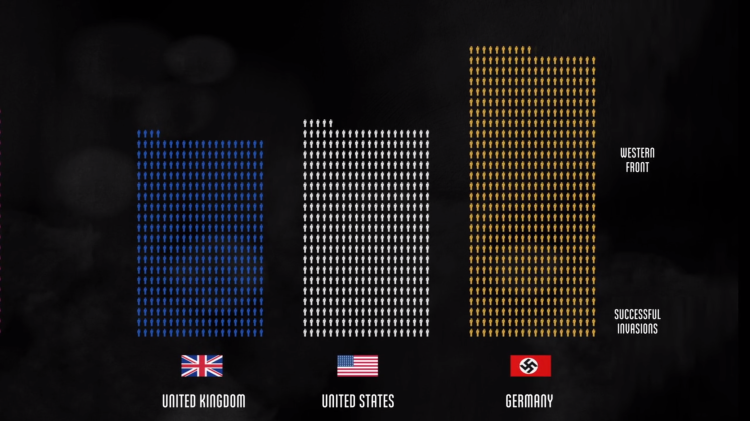From Quebec to Spain: Anti-Protest Laws Threaten Democracy
In a number of recent front lines of popular protest, state capacities have been reconfigured to meet the challenge. In some instances, as in Greece, this has meant periods of emergency government. In Chicago, in Quebec and now in Spain, it has meant the expansion of anti-protest laws. The Spanish government’s punitive anti-protest draft laws are, critics say, an attack on democracy.
Another example emerged in 2011, when Chicago mayor Rahm Emanuel, requested that the city council pass “temporary” anti-protest measures in response to the planned protests around the Nato and G8 summits. By early 2012, the legislation had been made permanent. Later that same year, tumultuous uprising of students against increased tuition fees led to emergency legislation named Bill 78. With the support of the state’s employers, it imposed severe restrictions on the ability to protest. The “public safety” legislation proposed in Spain has an essentially similar basis. Demonstrating near parliament without permission will result in steep fines, while participation in “violent” protests can result in a minimum two-year jail sentence. In each case, the logic is to put a chill on protest. It is not just that it is a protest deterrent; it has a domesticating effect on such protests as do occur. To understand why this is happening, it is necessary to grasp the relationship between neoliberal austerity and popular democracy.
Read more on The Guardian


Leave a Reply